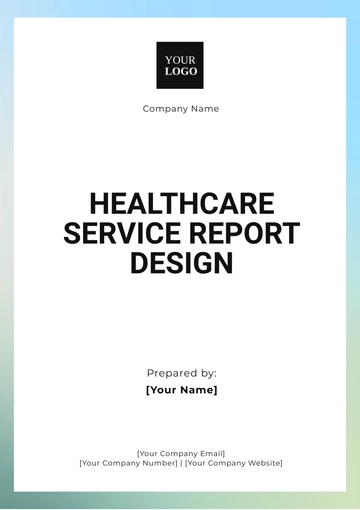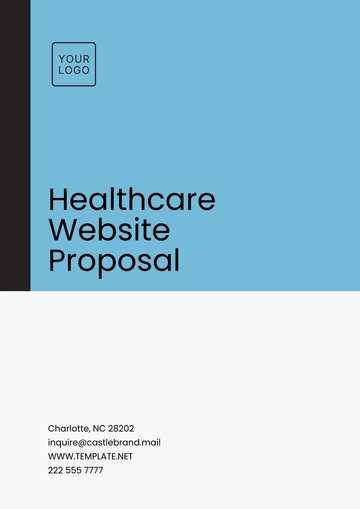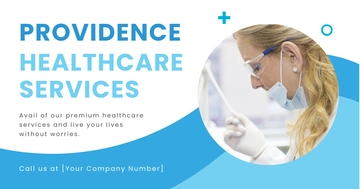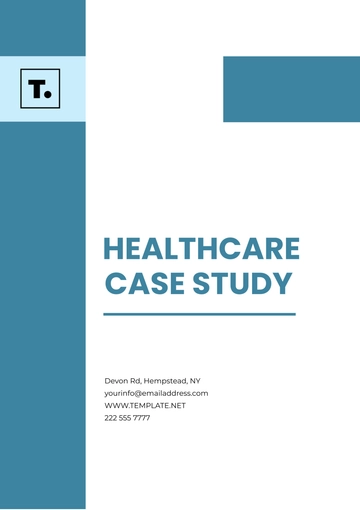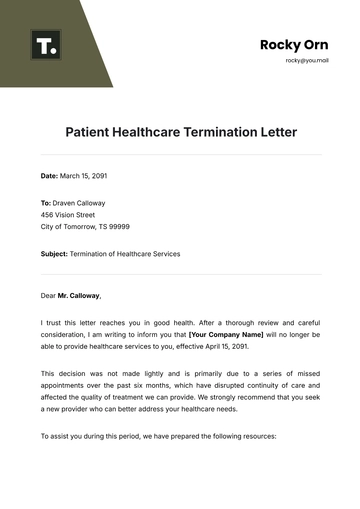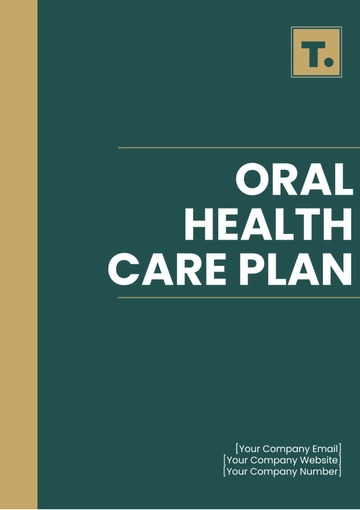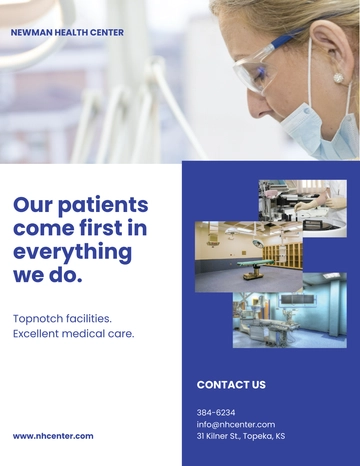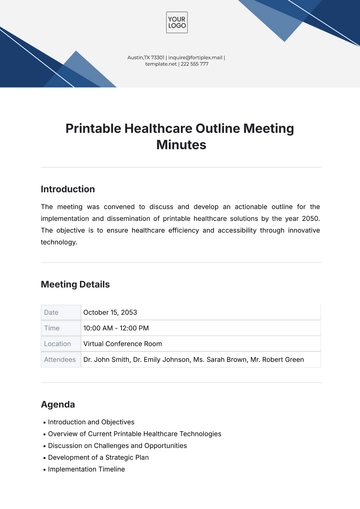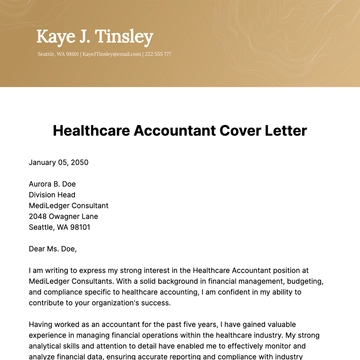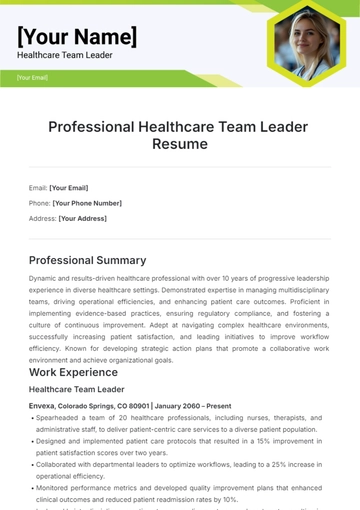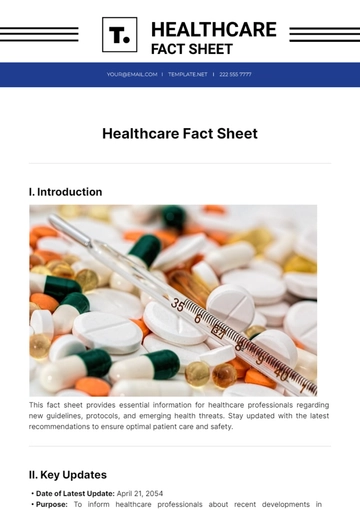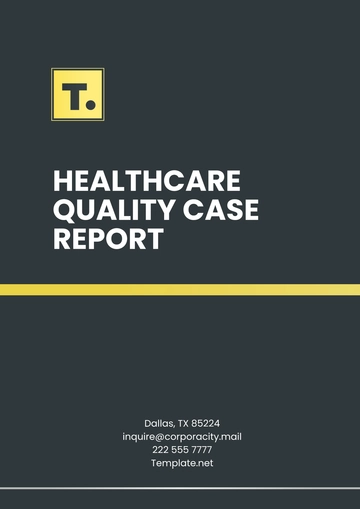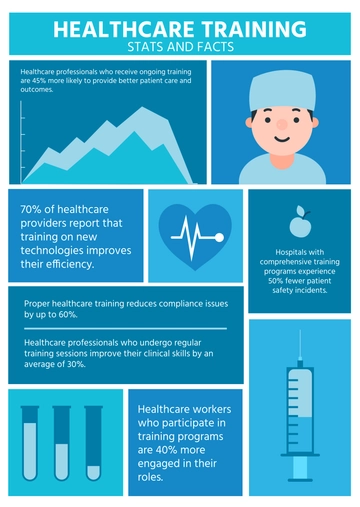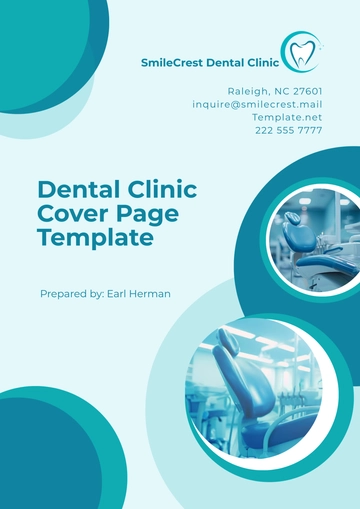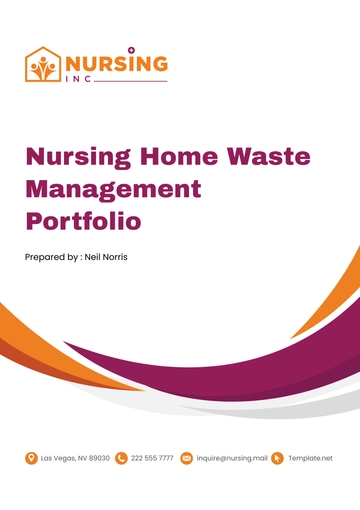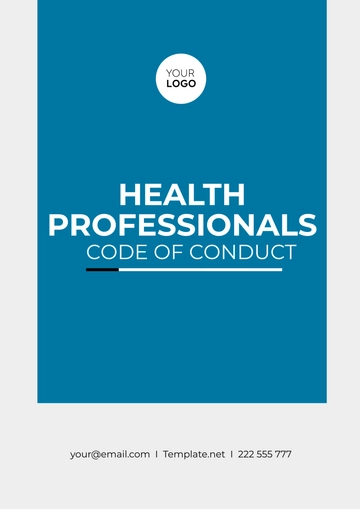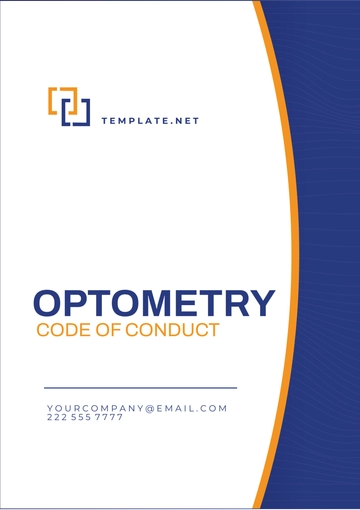Free Clinicians Brief
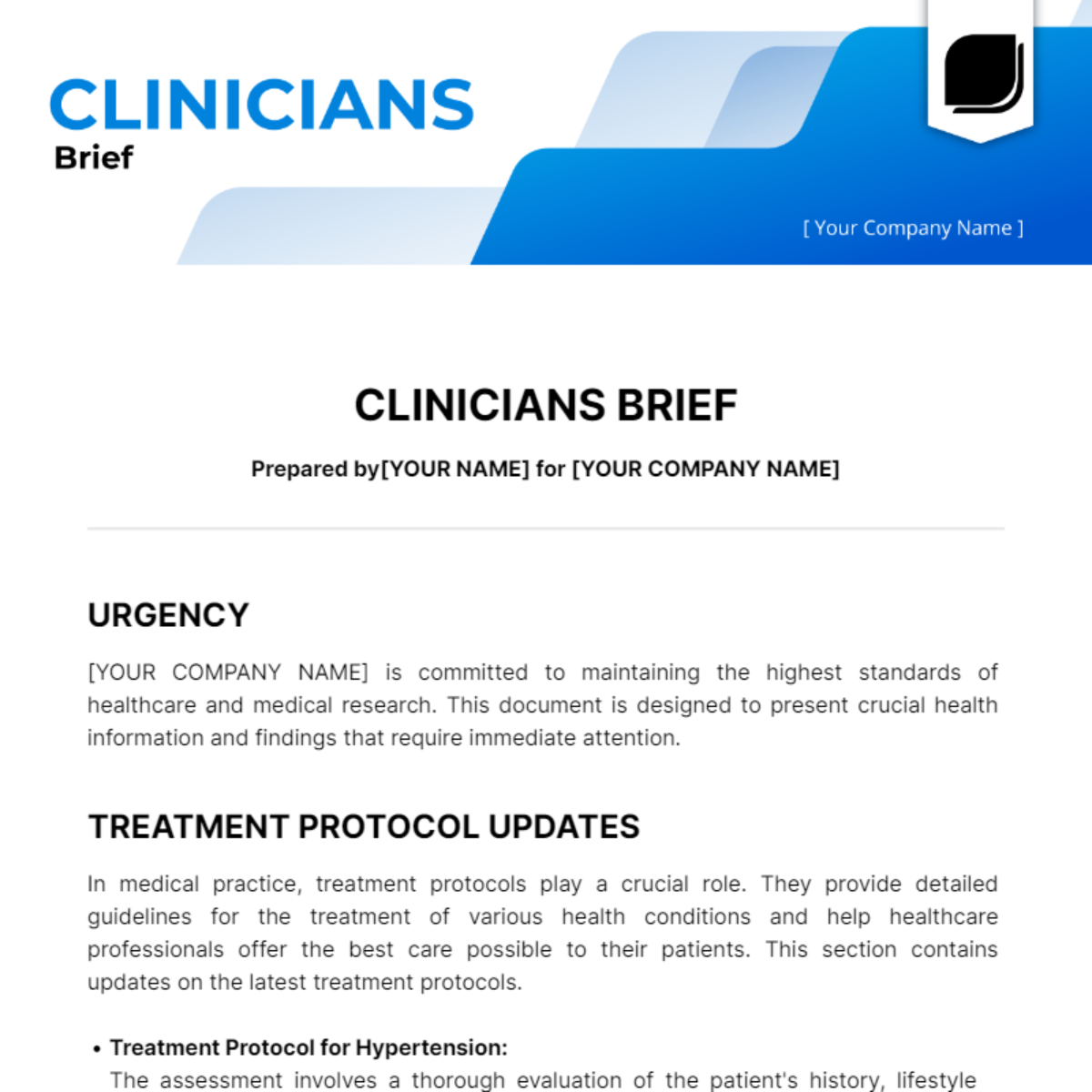
Prepared by[YOUR NAME] for [YOUR COMPANY NAME]
URGENCY
[YOUR COMPANY NAME] is committed to maintaining the highest standards of healthcare and medical research. This document is designed to present crucial health information and findings that require immediate attention.
TREATMENT PROTOCOL UPDATES
In medical practice, treatment protocols play a crucial role. They provide detailed guidelines for the treatment of various health conditions and help healthcare professionals offer the best care possible to their patients. This section contains updates on the latest treatment protocols.
Treatment Protocol for Hypertension:
The assessment involves a thorough evaluation of the patient's history, lifestyle factors, and potential secondary causes. Lifestyle modifications include dietary changes, weight loss, increased physical activity, and moderation of alcohol consumption. For patients with Stage 1 hypertension and confirmed cardiovascular disease, medication is recommended alongside lifestyle therapy. Home blood pressure monitoring is crucial for efficient treatment adjustments.
Treatment Protocol for Type 2 Diabetes:
The initial management of patients with cardiovascular disease, kidney disease, or heart failure involves medical nutrition therapy, weight management, and increased physical activity. Early introduction of SGLT2 inhibitors or GLP-1 receptor agonists is recommended. Individualized glycemic targets are set, with less stringent A1C goals for those with severe hypoglycemia or comorbid conditions. Continuous glucose monitoring is recommended for improved glycemic control.
Treatment Protocol for Major Depressive Disorder:
Diagnosis and assessment involve standardized screening tools and comprehensive psychiatric evaluations. SSRIs are the first-line treatment, with psychotherapy, particularly CBT or IPT, being emphasized. Treatment-resistant depression is treated with esketamine nasal spray in combination with an oral antidepressant. Regular monitoring is necessary for responses and adjustments made after 6–8 weeks.
NEW CLINICAL TOPICS AND RESEARCH FINDINGS
New findings and advancements in the medical field are frequent. It's important for healthcare professionals to stay updated. Below is a summary of the recent clinical topics and research.
Clinical Topic 1: Advancements in Personalized Medicine for Cancer Treatment
Overview:
The field of oncology has seen significant advancements in personalized medicine, focusing on tailoring cancer treatment to individual patients's genetic profiles. This approach has led to the development of targeted therapies that are more effective and have fewer side effects than traditional treatments.
Research Finding 1: The Efficacy of CRISPR-Cas9 in Gene Editing for Monogenic Disorders
Details:
CRISPR-Cas9 technology has shown potential in treating monogenic disorders like sickle cell disease and cystic fibrosis through precise DNA modifications. Early clinical trials have shown promising safety and therapeutic effectiveness, marking a significant advancement in gene therapy.
Research Finding 2: The Role of the Microbiome in Cardiovascular Health
Details:
Research indicates a link between the gut microbiome and cardiovascular health, with certain gut microbial profiles linked to higher inflammation and atherosclerosis. This could lead to new treatments through dietary interventions, probiotics, and microbiome-modulating therapies.
Case Study | Details |
|---|---|
Case Study 1: Rare Presentation of Coeliac Disease | Patient Background: A 35-year-old female presented with non-specific symptoms, including fatigue, depression, and joint pain, without gastrointestinal complaints. Diagnostic Challenge: Initial evaluations focused on rheumatological and psychological conditions, yielding inconclusive results. Classic gastrointestinal symptoms delayed consideration of coeliac disease. Diagnostic Process: Serological tests revealed positive anti-tissue transglutaminase antibodies and villous atrophy, confirming coeliac disease, as confirmed by an endoscopic biopsy. Outcome and Learning: The case emphasizes the significance of considering coeliac disease in the differential diagnosis of non-specific symptoms and the need for a broad diagnostic approach when initial evaluations are unclear. |
Case Study 2: Atypical Infection Leading to Septic Shock | Patient Background: A 60-year-old male with a history of diabetes mellitus presented to the emergency department with a high fever, confusion, and hypotension. Diagnostic Challenge: The patient's rapid deterioration and non-specific symptoms necessitated identification of the infection source, initially suspecting common sepsis, pneumonia, or urinary tract infection. Diagnostic Process: Blood cultures and imaging studies were expedited, revealing an unexpected cause: Neisseria meningitidis bacteremia without meningitis, a rare presentation in adults, leading to septic shock. Outcome and Learning: The case underscores the significance of identifying less common pathogens in septic patients, particularly when standard antibiotic therapy fails, and the critical role of aggressive diagnostic testing in managing septic shock. |
CONSOLIDATED HEALTH UPDATES
Update 1: Advancements in Telemedicine and Remote Patient Monitoring
Details:
Advancements in telemedicine and remote patient monitoring (RPM) are crucial for managing chronic conditions, providing mental health support, and ensuring continuous care during pandemics, particularly for diabetes and cardiovascular diseases.
Update 2: Breakthroughs in Immunotherapy for Cancer Treatment
Details:
Oncology has seen significant advancements in immunotherapy, such as CAR-T cell therapy, which has shown success in treating leukemia and lymphoma, paving the way for more targeted and personalized cancer care.
Update 3: Updated Guidelines for the Management of Hypertension
Details:
The American Heart Association and ACC have released updated guidelines for hypertension management, emphasizing lifestyle modifications and lowering the diagnosis threshold to 130/80 mm Hg for earlier intervention. The guidelines also recommend aggressive treatment strategies for cardiovascular risk factors and home blood pressure monitoring.
Prepared by [Your Name], Healthcare Analyst
This report aims to provide a succinct yet comprehensive overview of the latest trends, research findings, and practice changes in healthcare. By delivering this information in a consolidated format, we hope to support healthcare professionals in making informed clinical decisions, ultimately enhancing patient care and outcomes.
- 100% Customizable, free editor
- Access 1 Million+ Templates, photo’s & graphics
- Download or share as a template
- Click and replace photos, graphics, text, backgrounds
- Resize, crop, AI write & more
- Access advanced editor
Template.net introduces the Clinicians Brief Template, a must-have for healthcare professionals. This editable and customizable template streamlines patient case presentations, ensuring clarity and precision. Designed to save time while enhancing patient care, it's effortlessly editable in our AI Editor Tool, allowing for a personalized approach to clinical documentation. Elevate your clinical presentations with ease.
